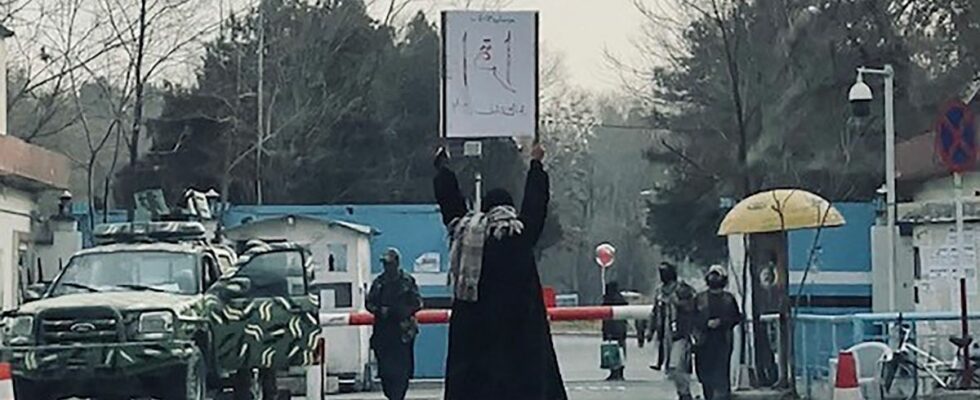Afghanistan is “the worst of the worst”. When it comes to the deprivation and repression of women’s rights, there is no “equivalent”. This is the clear statement made by the UN High Commissioner for Human Rights in an interview granted this week to AFP in Geneva. Volker Türk also discusses the situation of women in Iran, but also misogynistic and sexist remarks on the Internet. He intends to go to Kabul and Tehran to discuss with the authorities.
The 58-year-old Austrian, who took office in mid-October, said he was appalled that nearly seventy-five years after the Universal Declaration of Human Rights, the world is witnessing growing efforts, including “insidiously”, to deprive women and girls of their rights. “I am very concerned about these backlashes and the spread of retrograde ideas,” he said. While misogyny and efforts to halt the march towards gender equality are nothing new, he believes there is now “a more systematic, more organized way to counter women’s rights.”
Afghanistan, the most striking
The most striking example, according to Volker Türk, is that of Afghanistan, where the Taliban deprived women of university and secondary education, and prohibited NGOs from employing them. These attacks on women are “a reminder of what evil thinking can lead to”, and “we need to make sure that what is happening in this country does not become the norm in the future”, he said. assured.
The High Commissioner also wishes to ask Iran “to repeal some of the discriminatory practices against women and young girls”. He also wants to discuss the crackdown on protests, which the Oslo-based NGO Iran Human Rights (IHR) says has left at least 476 people dead, while several thousand people have been arrested.
Yolo on social media
Beyond the measures taken by the States, Volker Türk points the finger at social networks, “where misogynistic and sexist comments seem to be authorized (…), and to prosper”. He stressed the need to put in place “safeguards” so that these social networks “are responsible and do not throw oil on the fire” in particular “on gender issues”. The algorithms used by the platforms can “very quickly cause hate speech to be amplified in a very dangerous way”, he said.
Shortly after his arrival at the head of the High Commission, the Austrian had written an open letter to the new owner of Twitter Elon Musk, urging him to ensure that human rights are respected on the social network. He had originally planned to contact the team that worked on human rights issues at Twitter, but, he explained, “we weren’t able to reach any of them because they had all just been licensees”. Although alarmed by the current attacks on women’s rights, Volker Türk sees this “as a last attempt by the patriarchy to show its strength”: “It is the old world that is dying”.

